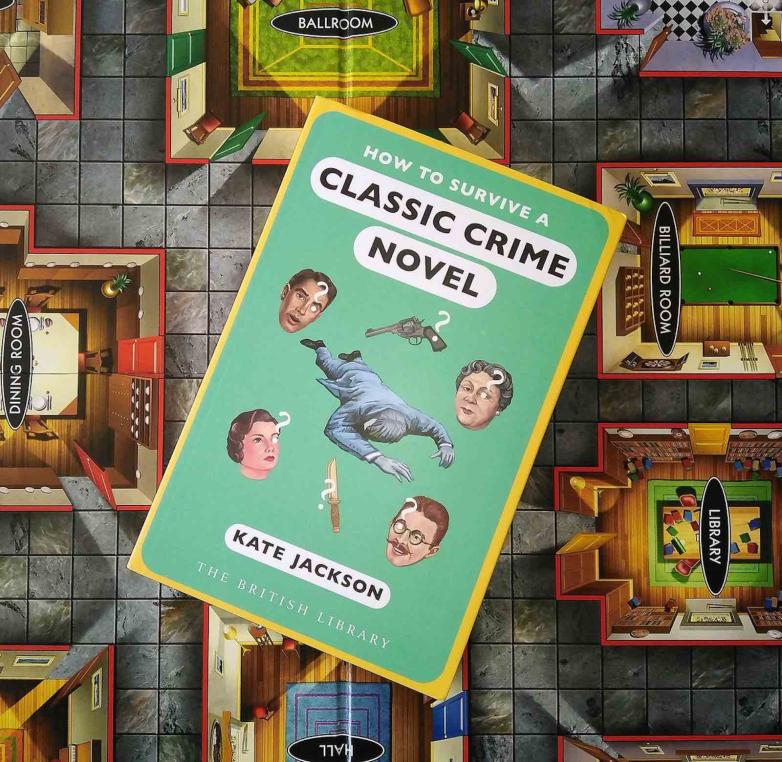How to Survive a Classic Crime Novel

How to Survive a Classic Crime Novel
In the age of snippet reviews, being a wordy blogger may seem disadvantageous. But not for me. I could never have written my book otherwise, writes Kate Jackson.
How to Survive a Classic Crime Novel covers a multitude of topics, from household perils to the dangers of travelling on buses and avoiding dating disasters. Such a book relies on the small, seemingly inconsequential details included by classic mystery novelists. Details that might have provided throwaway humorous dialogue or were merely part of the everyday background to the story. Details that the writer may have thought mattered little.
The same cannot be said for myself. It is these details which enabled me to display the humorous side to vintage crime fiction and to show how wonderfully unusual it could be. Have you read a mystery in which a cat’s pregnancy blows a killer’s alibi sky high? Or the one where the bride is so drunk on her wedding night that she stumbles into the wrong room and gets into bed with a corpse?
This takes me back to wordy bloggers. To create a book which covered hundreds of authors and titles in an accessible and engaging way, I needed to find enough precise examples, and complete this research within a few months. So the first place I looked was my own blog, re-reading my reviews, seeking out the details that had pricked my interest or the quotes which had raised a smile. I could not have done my book without it.
Nor without the many other excellent blogs out there which champion classic mysteries, and I am grateful to everyone who patiently answered my, at times, unusual questions. My weirdest query was when I asked someone how a fire poker in a story manipulated humans to use it to kill. Turns out I had got the wrong end of the stick…
As you are reading this, then you probably enjoy collecting books of some kind. But did you know you are dicing with death by participating in such a hazardous activity? In classic crime fiction it certainly increases your chances of being murdered. All manner of skulduggery can occur at auctions, including swapping lot numbers to prevent bidding competition (see Ann Rowe’s Fatal Purchase). If you adopt this approach don’t be surprised if your life is drastically shortened.
Even if you win a book fairly, your property may still be ransacked, as bookselling sleuth Theodore Terhune realises in Bruce Graeme’s A Case of Books. Some competitors are so determined to own an item that they are prepared to not only kill the auction house nightwatchman, but other competitors too – a dangerous scenario which sets up Brian Flynn’s The Case of the Black Twenty-Two.
So the next time you bid in an auction you might wish to take extra precautions such as concealing your whereabouts, locking yourself within a room and holding onto the only key, or keeping a weapon nearby. Oh, wait a minute… something doesn’t seem quite right here?
This is a guest post by Kate Jackson who blogs at crossexamingcrime and is the author of the British Library’s The Pocket Detective (2018) and its sequel The Pocket Detective 2 as well as How To Survive a Classic Crime Novel















